It's time we celebrated Disabled and Chronically Ill Voices
Guest
Penned by writer and activist Pippa Stacey (find more of her writing on the terrific Life of Pippa blog)
Like many people, I know first-hand that books can transform lives for the better. I grew up with reading being a core part of my identity… that is, however, until I acquired a debilitating chronic illness.
There were a few incredibly bleak months where my condition prevented me from reading at all, but as soon as I felt able, I turned my focus to hunting down books with recognisable disability representation. I wanted disabled voices who I could learn from, and disabled protagonists who I could relate to, at a time when my condition made me feel more like an outsider than I’d ever felt before.
What I couldn’t have predicted, however, was just how many of disability-centred books I began to read would give me the ‘ick’. Broadly speaking, the books I was consuming at this point in time fell into three main categories:
- The disabled superhero who *overcomes* their *limitations* and is hailed successful for living a less-disabled life
- The sob story protagonist who suffers with a tragic ailment, dies, or indeed suffers with a tragic ailment and then dies
- The disabled best friend and/or sidekick wheeling around after the protagonist as a physical manifestation of a tick-box exercise
It was as though all of a sudden, I could no longer see myself represented in the books I was consuming. The act of reading, which once had the ability to soothe my soul and make me feel heard, was actually making me feel even more alienated.
The portrayals of disability that I was reading about didn’t at all translate into what I was going through, and it made me feel as though my own lived experiences were… wrong. That I was somehow 'Doing Disability Wrong'.
Bizarrely, it wasn’t until later still that I clocked what all of the problematic books I’d read had in common: non-disabled authors.
Now, that’s not to say that non-disabled authors cannot and should not write disability-inclusive works – if they’re willing to consult with disabled people. Nor is it to say thatauthentic disabled characters have never been crafted by non-disabled creatives who’ve committed to thorough and sensitive research. As social attitudes continue to evolve, I feel hopeful that more authentic disability and chronic illness representation will become more prevalent, or at the very least less ‘icky’, in the future.
In the meantime, however, I’ve found real comfort in reading non-fiction narratives andaccounts specifically from disabled voices. Even when their lived experiences don’t reflect my own, I feel a remarkable sense of validation in knowing that their stories have been heard, that their voices can and do reach people outside of the disability community too.
For that reason, it also feels important to me that we champion the publishers, booksellers and those working in the industry who recognise the power of inclusivity and use their platforms to be allies. There have been many occasions where disability has been the forgotten minority group (and goodness me, chronic illness barely even enters the conversation…) but again, I feel hopeful and optimistic that times are changing.
The bookish world is beginning to realise that centring disabled and chronically ill voices in writing and publishing isn’t simply a tick box exercise, a pat on the head, or just a nice token gesture… it’s an essential part of telling diverse and authentic stories that have the potential to change the world for the better.
With that in mind, I’m delighted to share some of my personal fiction and non-fiction recommendations for books featuring disability and chronic illness.
[You'll also find more recommendations from Lighthouse in this list of Dreaming Disability Justice]
As part of ME awareness Week 10% of sales from this page will go to the Open Medicine Foundation, along with sales from our Waiting for Superman event on May 18th.
Linked Books
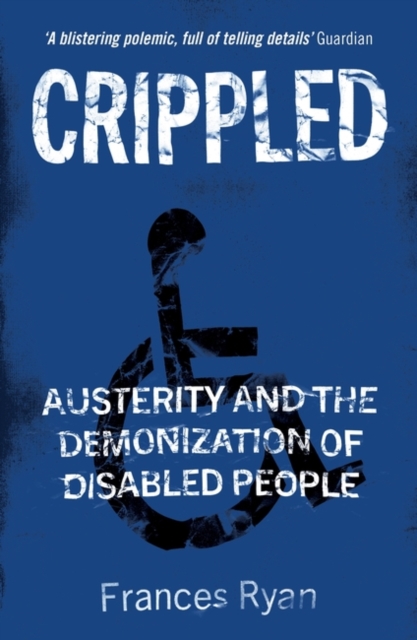
- title
- Crippled : Austerity and the Demonization of Disabled People
- author
- Ryan, Frances
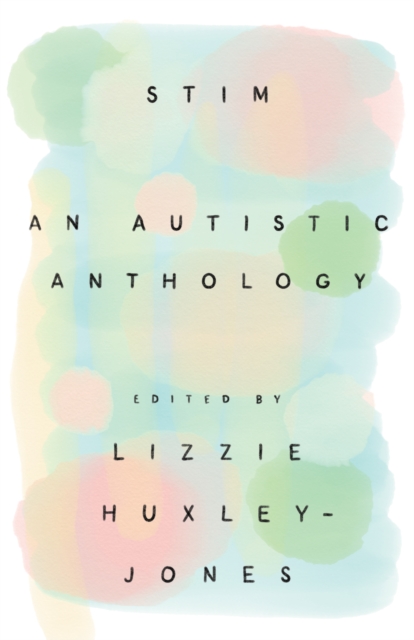
- title
- Stim : An Autistic Anthology
- author
- Huxley-Jones, Lizzie

- title
- Disturbing the Body
- author
- West, Nici
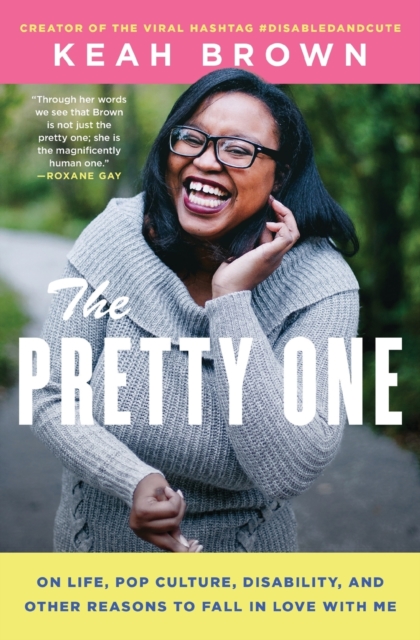
- title
- The Pretty One : On Life, Pop Culture, Disability, and Other Reasons to Fall in Love with Me
- author
- Brown, Keah
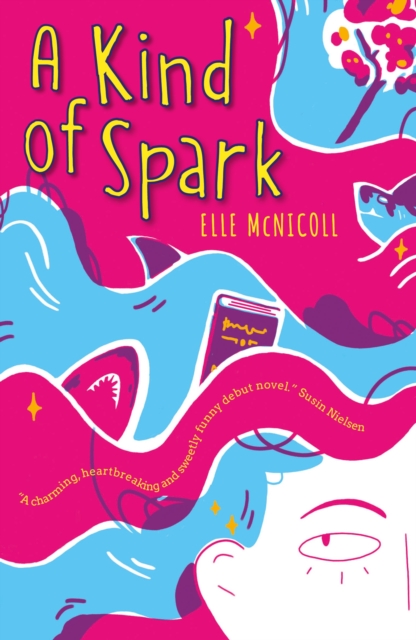
- title
- A Kind of Spark
- author
- McNicoll, Elle
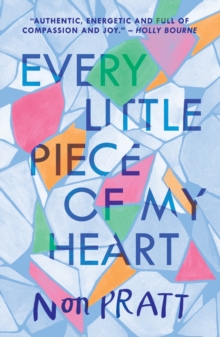
- title
- Every Little Piece Of My Heart
- author
- Non Pratt
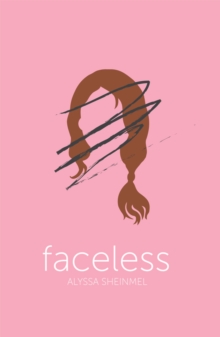
- title
- Faceless
- author
- Alyssa Sheinmel
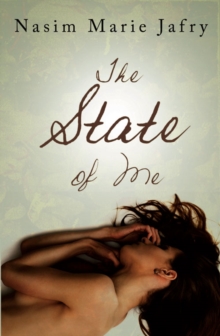
- title
- State of ME
- author
- Nasim Marie Jaffry
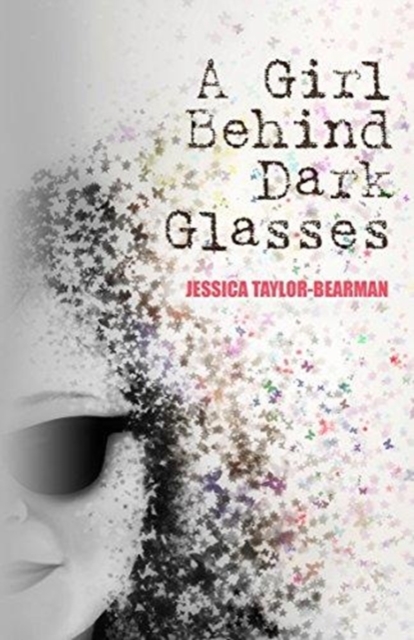
- title
- A Girl Behind Dark Glasses
- author
- Taylor-Bearman, Jessica
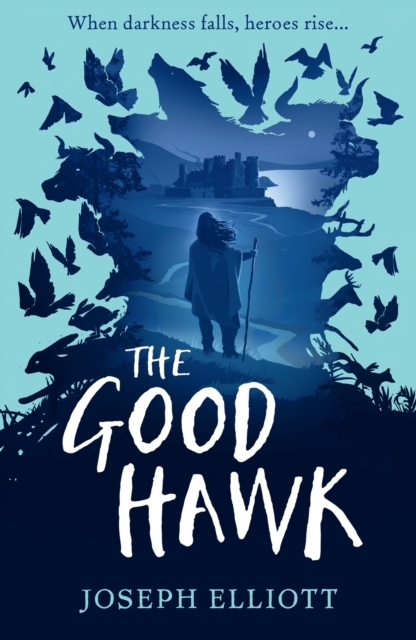
- title
- The Good Hawk (Shadow Skye, Book One)
- author
- Elliott, Joseph, Szabo, Levente
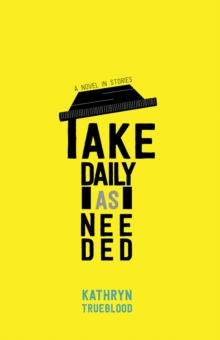
- title
- Take Daily As Needed: A Novel In Stories
- author
- Kathryn Trueblood
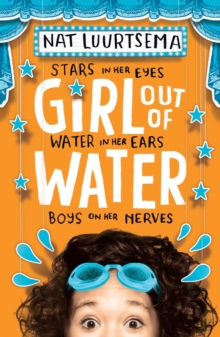
- title
- Girl Out of Water
- author
- Nat Luurtsema
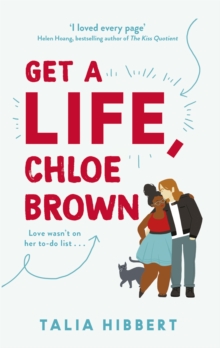
- title
- Get a life, Chloe Brown
- author
- Talia Hibbert
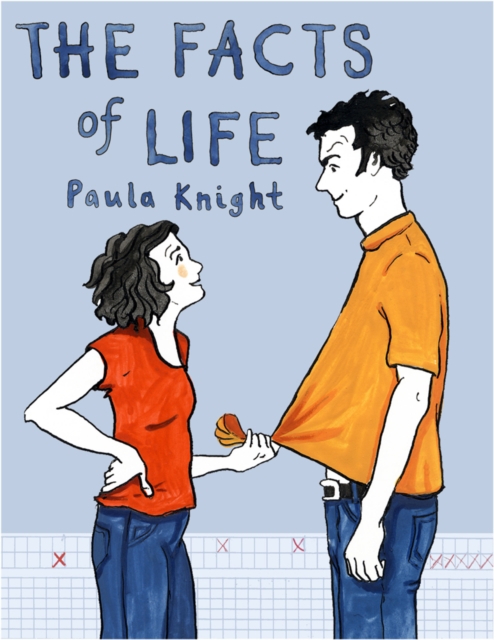
- title
- The Facts of Life
- author
- Knight, Paula

- title
- Waiting For Superman : One Family's Struggle to Survive - and Cure - Chronic Fatigue Syndrome
- author
- White, Tracie